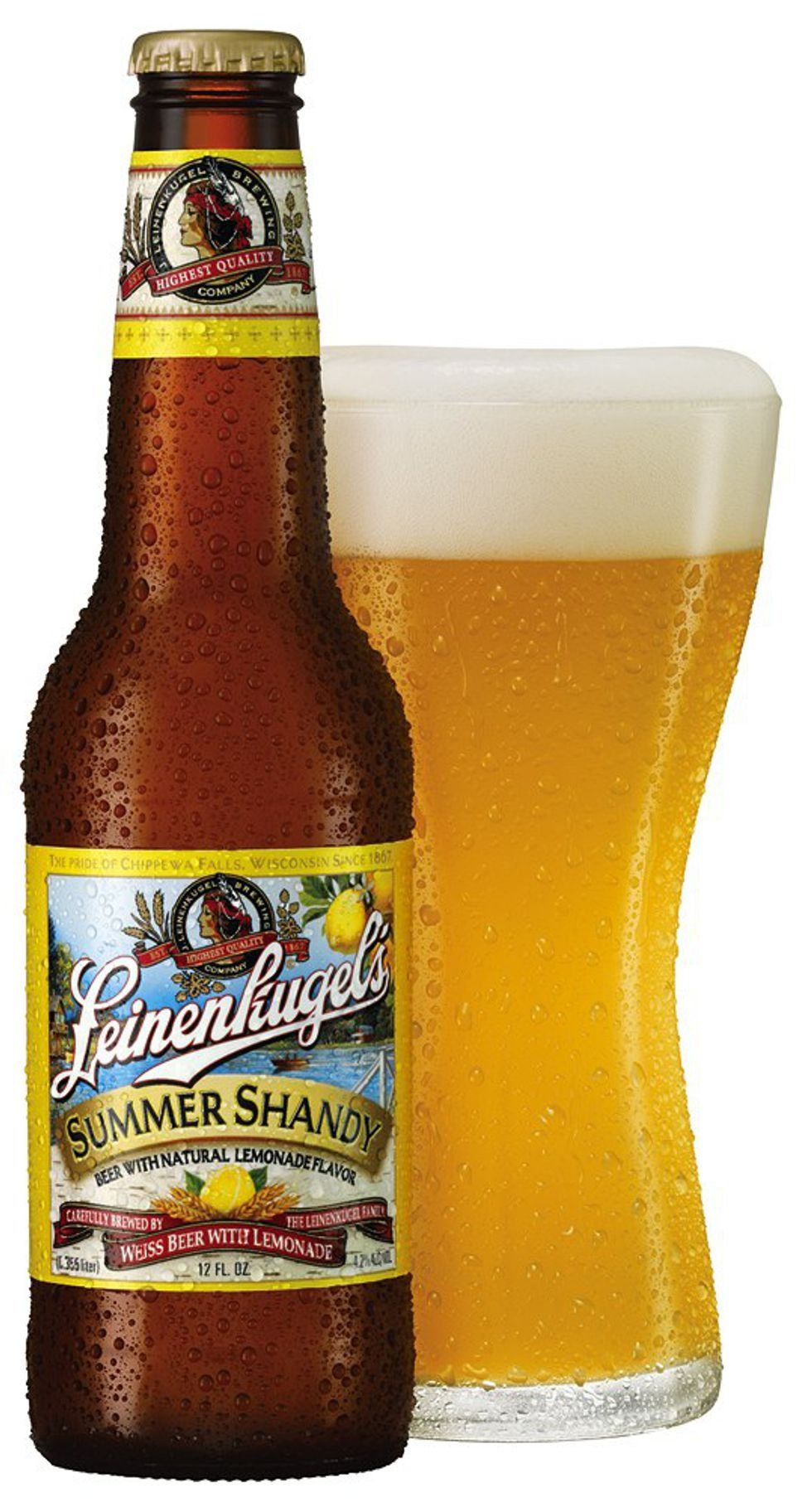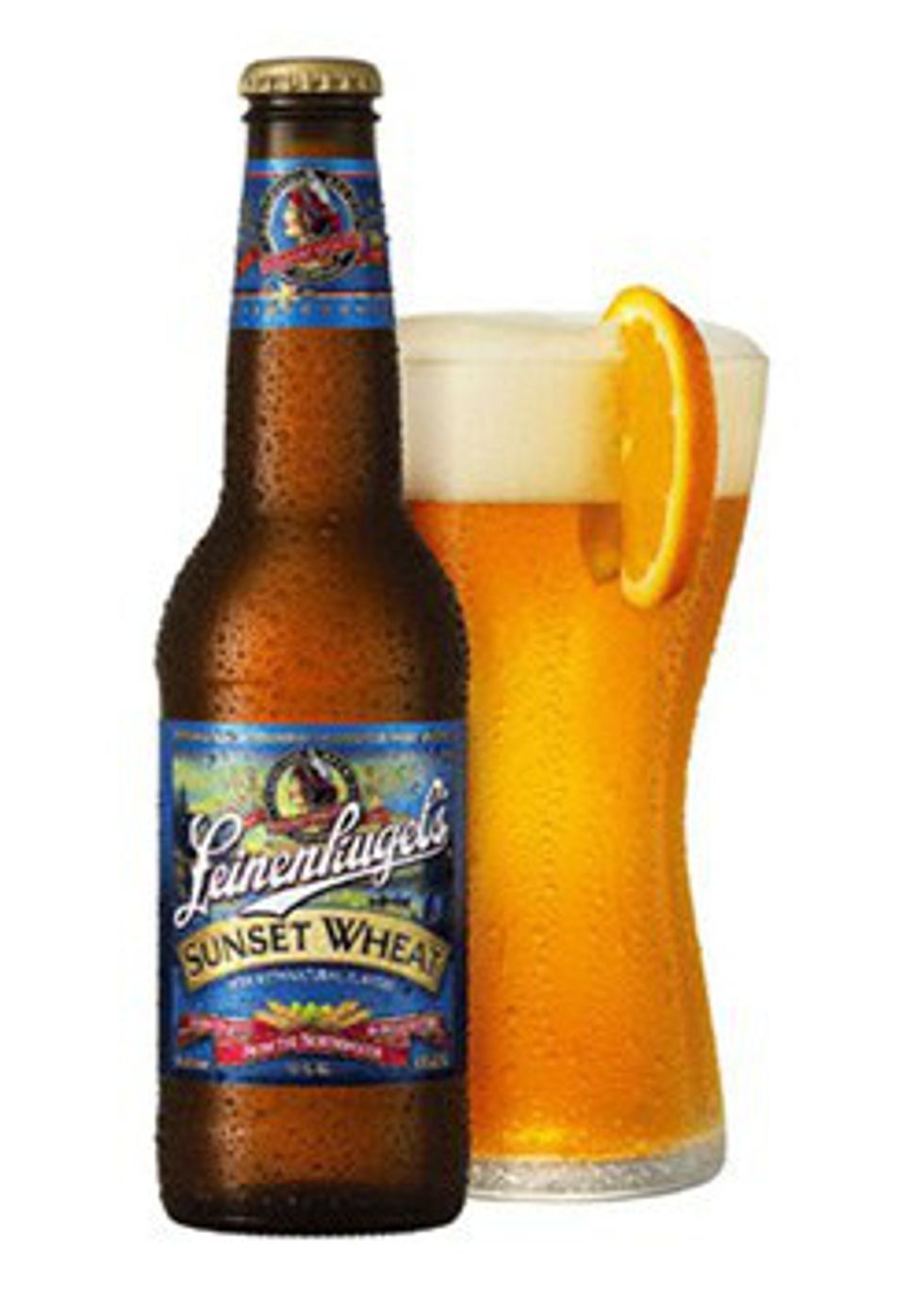The clown, the harlequin, the jester, the fool. The concept of the fool goes back further than Shakespeare’s time. Medieval jesters were popular in royal courts as well as early literature, and though they were often subjected to hurtful treatment or ridiculed, fools were surprisingly respected. The Wise and Holy fools derive from the fact that many people of noble birth admired fools for not only their wit, but for their talent in which they could speak in tongues as if from God. Since the medieval times, fools have appeared in numerous works, several of them from Shakespeare’s comedies and even tragedies. Because of his intellect and gift for characterization, Shakespeare takes the concept of the holy/wise fool and write it in for characters that would usually be the butt of the joke. Out of all his works, Shakespeare has attributed to twenty-two fools, and each one is different from the last, but what is important is that the fools are far wiser than they appear to be.
Strap in for Shakespearean Study #3: The Fool.
THE BEGINNINGS OF THE FOOL:
The concept of fools goes back far before Shakespeare himself; medieval times seemed to adore fools and clowns, even to the point that they were so much more than what they presented as. Fools were primarily used to lessen the blow of bad news to their king by adding jokes; a ship sinks, and rather than stating that their men are dead, the clown will instead praise the men, stating that they were brave enough to go in the cold water. The phrases ‘don’t shoot the messenger’ and ‘don’t blame the bearer of bad tidings’ are thanks to the job medieval fools had, and they did it so well, that those of noble and royal birth came to respect them. Glossolalia was a term used to describe the fool’s talent in speech; glossolalia, or speaking in tongues, was a talent bestowed by God that gave the speaker the ability to use speech in a manner that no one else could copy, and having this ability made one closer to heaven since glossolalia meant that one spoke the divine language God did. Because medieval fools were incredibly talented in how they spoke, many believed that not only were they under the protection of God, but had the possession of glossolalia, making them far closer to God than the king himself. Some also believed that fools were much more clever than they thought; rather than a tool for comedic opportunities, fools feigned their ‘insanity’ and silly mannerisms to conceal their intellect, perfection and morality, thus avoid praise. These two beliefs make sense put together, if the fool can speak the divine language of God, they couldn’t be simpletons, but because of their piety they would hide this by acting silly. Since those in medieval times held this concept dearly, it was no surprise that many years later, a famous playwright would use it to make simple characters much more complex.
TYPES OF FOOLS:
The character of the fool is one that since has become versatile today. The fools in Shakespeare’s time and literature are divided into two parts: the clown, often a character whose purpose is to invoke laughter with his dimness. The other was the courtly fool, one used in the presence of nobles and royals, and whose humor came from wit and satire. The courtly fool is then divided into two other sub-groups: the natural and artificial, the latter being the most seen in Shakespeare’s shows.
The artificial courtly fool was also a humorous character, they were far more clever and most of their interactions were less about jokes, and more about the fact that the humor came from how they were more understanding of the world compared to their superiors. Shakespeare applied the concepts of medieval Europe and the types of fools for his plays; every fool in his show is different: smarter than some, incredibly dim, cruel, kindhearted, the one always in on the joke, or the joke itself, the fool changes in each show. But one thing stays the same, the fool always has some level of understanding that none of the other characters seem to get.
THE CLOWN:
The comedic fool, or the clown is a type that Shakespeare’s audiences thoroughly enjoyed. They were always humorous, and because they were incredibly clever, the lower class audience found them endearing, especially when the fool gained the upperhand from their master. Scholar Magdalena Adamczyk agrees; the fool is a master of conversation, and because of this, they are quick to pick up on social cues that some may not see and use this knowledge to their advantage. Adamczyk uses one of Shakespeare’s cleverer fools, Feste, to explain.
She states that “Feste does not select suitable partners to pun with, but he practices verbal play with all his interlocutors (i.e., in order of entry, Maria, Olivia, Sir Andrew, Viola, Sebastian, Sir Toby, Malvolio, Fabian and Orsino), irrespective of their social standing” (Adamczyk, 19). Feste, despite being considered far lower in status in comparison to the rest, has no problem using humor to make fools of them. When he’s brought to Olivia as she is mourning her brother’s death, he uses his quick wit to not only stump her, but even get on her good side and get rewarded.
At first, she is in no mood, and even tells her servants to “take the fool away” (1.5.33), yet Feste’s reply is: “Do you not hear fellows? Take away the lady” (1.5.34). He not only surprises Olivia, but even insults her; the comedic fool is a difficult character to analyze since the majority of their purpose is to tell jokes, but Feste (while he does do this) uses the humor to his advantage and throws his master’s words back at her. However, his biggest achievement over Olivia is when he claims he can easily prove how she is more of a fool than he:
OLIVIA. Well, sir, for want of other idleness, I'll bide your proof.
CLOWN. Good madonna, why mournest thou?
OLIVIA. Good fool, for my brother's death.
CLOWN. I think his soul is in hell, madonna.
OLIVIA. I know his soul is in heaven, fool.
CLOWN. The more fool, madonna, to mourn for your brother's
soul being in heaven. Take away the fool, gentlemen. (1.5.66-75)
What Feste has basically succeeded in doing is not only creating humoristic light on a dreary situation, but gaining the upper hand over his master; comedic fools are one of the strongest aspects in Shakespeare’s comedies for the same reason as Feste, being able to trump their superior with wordplay and twisted logic, and still showing a lot of love.
While Feste does succeed in proving how Olivia is a fool, mourning for her brother though there is no need to since he went to Heaven, the conversation is also reassuring. Olivia is heartbroken over her brother’s death, but she finds herself enjoying Feste’s joke since there is some truth to what he says, that even though her brother is gone, he’s in a better place.
This quality is what makes the comedic fool much wiser than he appears to be, his wordplays and jokes are to make the audience obviously laugh, but there is always a deeper meaning in what he says; several layers of comfort, cynicality, and being able to provide social commentary, especially when with their superiors. Along with Feste, other clowns include Grumio, Nick Bottom, Puck, Trinculo, and Costard. They all enjoy stirring things up, and say things many characters within their social bracket couldn't possibly get away with saying.
Comedic fools are a useful tools to drive a moral and argumentative point home; they openly mock pompous, and socially superior characters, and succeed in doing so because of how they use language to their advantage, further supporting the medieval belief that fools held the ability of glossolalia. But the clown is only one type used in Shakespeare’s works, the second type is far more different, and darker.
THE FOOL:
Some people may be surprised to learn that many of Shakespeare’s tragedies contain fools, specifically courtly artificial fools; since the principal role of the fool is to provide laughter. Fools like Denmark’s gravediggers, Thersites, Peter and The Porter are all in some of Shakespeare’s tragedies, and often times, these types of fools are served to appear after a particularly tragic scene (i.e. The gravediggers after Ophelia’s death) to lighten up the mood. As Feste is the quintessential fool in the comedies, one fool in particular is the same for the tragedies, that being King Lear’s fool in King Lear.
The Fool, as he’s only known as, is a professional; sharp-minded and well versed in comedy, he’s a talented satirist and social commentator, and compared to everyone else in the tragedy, he’s the only one able to talk back to Lear and not get punished for it. The Fool has a verbal dexterity and talent for words, he’s political, and unashamed to critique the King, and constantly speaks in riddles, not only confusing Lear but the audience as well. But the Fool cares greatly for Lear, despite the king’s cruel nature. Even though he must constantly deal with Lear’s feigning sanity and antics.
The Fool becomes his protector; he becomes like the Greek Chorus and comments upon the events and actions that affect his king.
He is incredibly loyal, and honest, but he doesn’t hesitate to point out Lear’s faults. Like Cordelia, The Fool has no underlying reasons to stay with Lear, he stays because he simply cares about him. As an interpretation, in some performances, the actress playing Cordelia would also play The Fool; very interesting since this deals with two characters who show their loyalty to Lear in different ways. Cordelia’s is through affection and The Fool is through blunt humor:
FOOL. Dost thou know the difference, my boy, between a
bitter fool and a sweet fool?
KING LEAR. No, lad; teach me.
FOOL. That lord that counsell'd thee
To give away thy land,
Come place him here by me,
Do thou for him stand:
The sweet and bitter fool
Will presently appear;
The one in motley here,
The other found out there.
KING LEAR. Dost thou call me fool, boy?
FOOL. All thy other titles thou hast given away; that
thou wast born with. (1.4.157-180)
Like Feste, The Fool uses wordplay and simple truths to make a fool of his master, while also remaining loyal. The Fool is also a chaotic being, like the antithesis to Lear, and in contrast to the similarities between Cordelia and The Fool, he and Lear are so interchangeable that at one point, the reader is unsure who the fool is, the insane King or the confusing Fool. The character of The Fool is so versatile and impacting, that many times, he and Lear change on who is actually the fool, and who is actually the king, and that is what makes the courtly artificial fool so much wiser than his superior.
The fool is not a Shakespearean creation, they’ve been a dramatic archetype used throughout history; used to provide laughter and carry social/political messages, the fool is a beloved character type in Shakespeare’s works. Like Feste, the comedic fool, or clown, is wise in his level of understanding; he enjoys his jokes, and won’t hesitate to make a fool of his master. The Fool, like the rest of Shakespeare’s tragic courtly artificial fools, is wise through his versatility and bluntness; he knows what he has to say, and is so proficient in his trade, that he can easily succeed in making his superior the fool just through words. It may be hard to understand the fool and his meaning, but one thing is clear, there is absolutely nothing foolish about Shakespeare's fools.







 StableDiffusion
StableDiffusion
 StableDiffusion
StableDiffusion

 File:Blake ancient of days.jpg - Wikimedia Commons
File:Blake ancient of days.jpg - Wikimedia Commons







 woman in white shirt leaning on yellow wall
Photo by
woman in white shirt leaning on yellow wall
Photo by  pancakes with syrup
Photo by
pancakes with syrup
Photo by  person in brown knit sweater
Photo by
person in brown knit sweater
Photo by  a person sitting on a couch with a laptop
Photo by
a person sitting on a couch with a laptop
Photo by  woman in black and white floral dress sitting on red car hood during daytime
Photo by
woman in black and white floral dress sitting on red car hood during daytime
Photo by  a person holding a cell phone in their hand
Photo by
a person holding a cell phone in their hand
Photo by  high angle photo of cityscape
Photo by
high angle photo of cityscape
Photo by  woman covering eyes with hand
Photo by
woman covering eyes with hand
Photo by  smiling woman wrapped with white headscarf
Photo by
smiling woman wrapped with white headscarf
Photo by  Good hair | Jamie | Flickr
Good hair | Jamie | Flickr mmm coffee | We found a good coffee place on the island. Act… | Flickr
mmm coffee | We found a good coffee place on the island. Act… | Flickr man jumping on the middle of the street during daytime
Photo by
man jumping on the middle of the street during daytime
Photo by  person jumping on big rock under gray and white sky during daytime
Photo by
person jumping on big rock under gray and white sky during daytime
Photo by  a bowl of guacamole next to a bowl of tortilla chips
Photo by
a bowl of guacamole next to a bowl of tortilla chips
Photo by  two women sitting on a couch in a living room
Photo by
two women sitting on a couch in a living room
Photo by  cooked food on black bowl
Photo by
cooked food on black bowl
Photo by  men's arm tattoo
Photo by
men's arm tattoo
Photo by  a group of trees with orange leaves
Photo by
a group of trees with orange leaves
Photo by  The butterflies in the stomach... | Check out my blog! www.p… | Flickr
The butterflies in the stomach... | Check out my blog! www.p… | Flickr two bread with sauce in box
Photo by
two bread with sauce in box
Photo by  a couple of young girls standing next to a tent
Photo by
a couple of young girls standing next to a tent
Photo by 

















